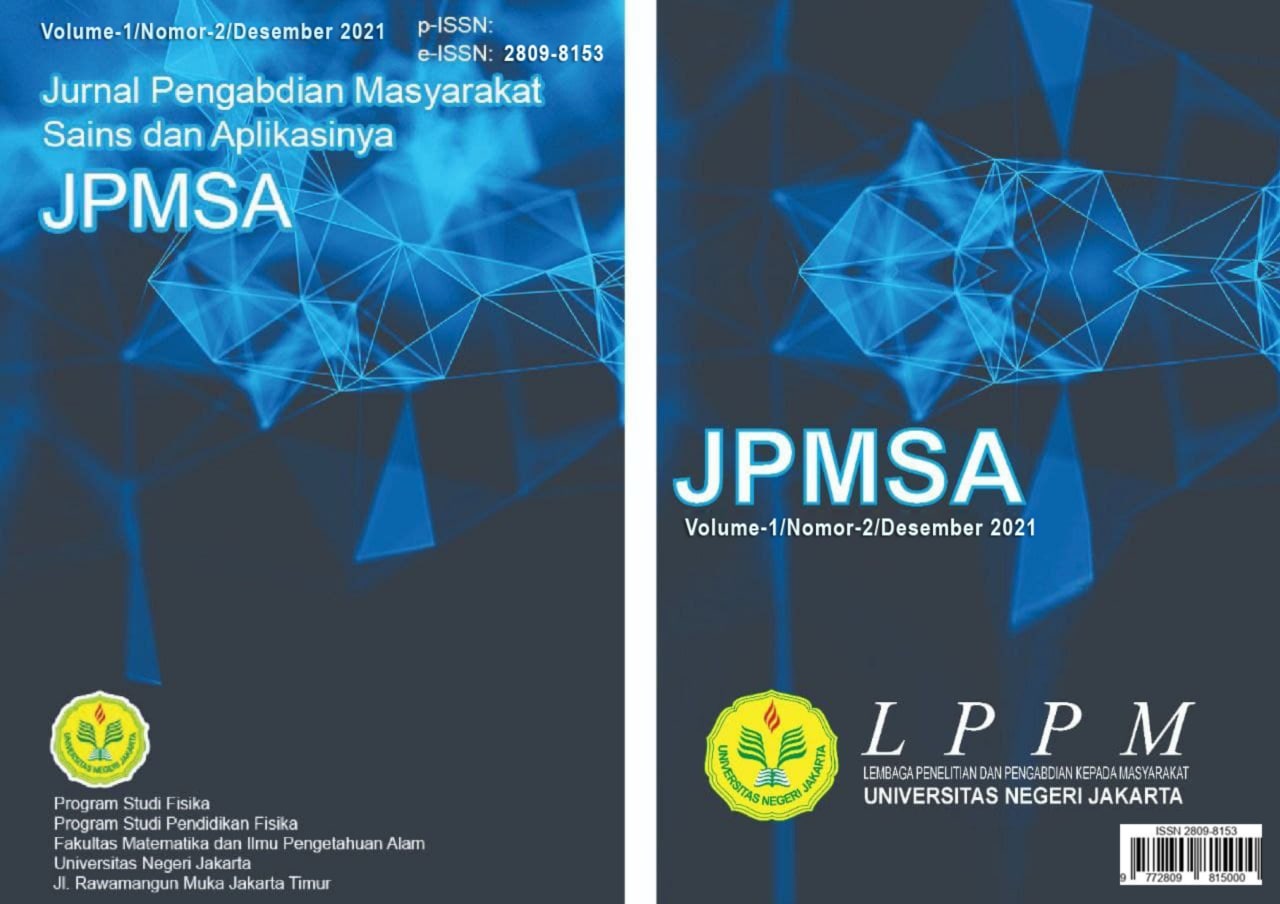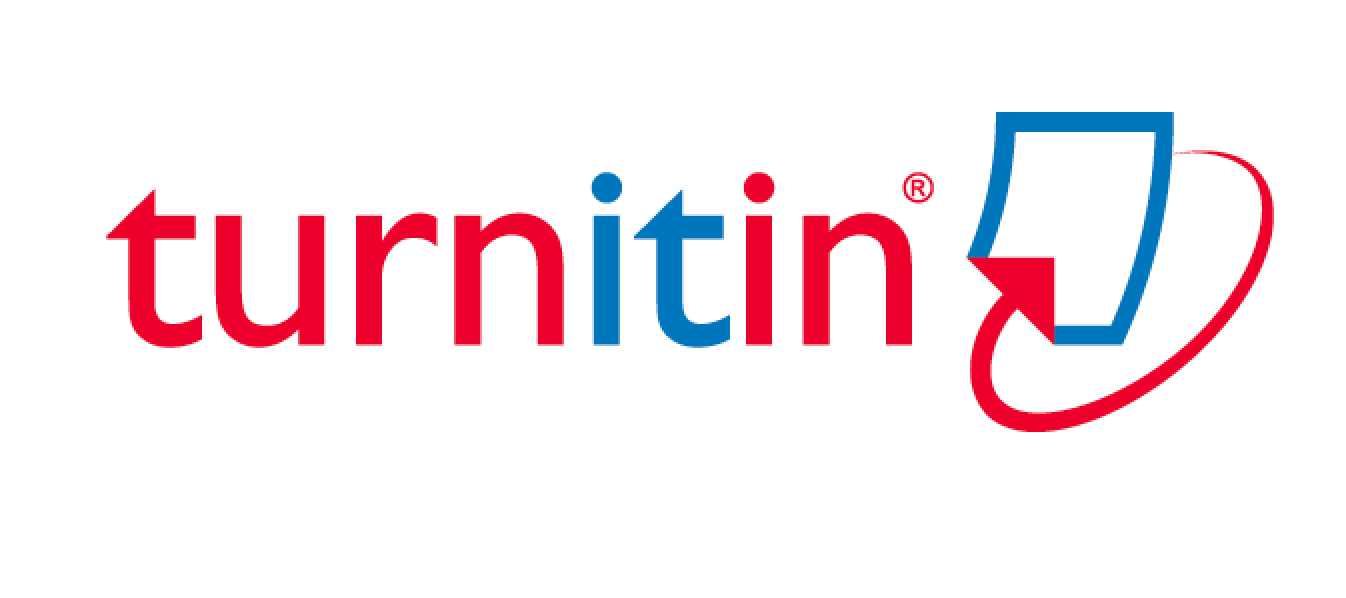PELATIHAN MEDIA PHET SIMULATION UNTUK PEMBELAJARAN JARAK JAUH
DOI:
https://doi.org/10.21009/jpmsa.v1i2.22673Keywords:
Distance Learning, PhET Simulation, Guided Inquiry, Physics LearningAbstract
The COVID-19 pandemic has a massive impact globally, especially in education sector. To reduce the impact, the government has taken many steps, which one of them is by changing the face-to-face learning method into Distance Learning (PJJ). However, Distance Learning (PJJ) actually makes student learning outcomes decrease compared to face-to-face learning activities carried out in schools. Therefore, this training is intended to provide an alternative for educators to use various learning media in implementing Distance Learning (PJJ), one of which is Physics Education and Technology (PhET) applied with learning model guided inquiry (Identification, hypothesis, design experiment, carry out experiment, data analysis, and make conclusions). The purpose of writing this paper is to execute the training in terms of: 1) The effectiveness of the application of PhET Simulation media in the physics learning process in Distance Learning (PJJ), 2) The strategy of applying PhET Simulation media in the physics learning process in Distance Learning (PJJ), and 3) Strengths and the lack of PhET Simulation media in the physics learning process in Distance Learning (PJJ). Writing this paper used a qualitative method based on the post positivism philosophy with data collection techniques in the form of triangulation (combined), namely library research through data collection, especially verbal data such as books, articles, journals, notes, and various other scientific literature. The data were collected then analyzed inductively. Based on the results of training, then analysis the data, and discussion. It can be concluded that:1) PhET Simulation media is effectively used to help educators and students in learning physics concepts with the Distance Learning (PJJ) process, 2) using PhET Simulation media in the process Distance Learning activities (PJJ) are very well combined with the guided inquiry learning model, and 3) PhET Simulation media in the process of Distance Learning (PJJ) activities has the advantage that it is effective in explaining physics concepts such as abstract and appealing display, while the disadvantages is that application and games that can be ran in-app are very limited, namely for file format "Jar".





